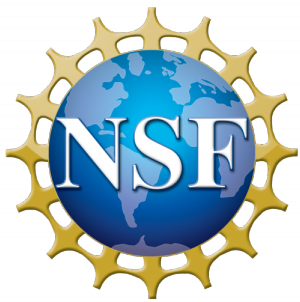April 1st, 2013 | RESEARCH
In February 2012, the Smithsonian's National Museum of Natural History ( NMNH) convened 100 colleagues from 43 organizations to initiate a collaborative learning research agenda focused on examining important areas for innovation to better serve twenty-first-century audiences. The conference organizers anticipated that scientists, educators, exhibit professionals, and other members of the natural history community would identify and prioritize research questions about what, how, why, when, and where people learn about natural history. We prepared to engage in a conversation about how natural history museums could change what they do. The participants' overwhelming passion for their work, and for natural history museums and their transformative potential for society, quickly turned the conversation toward how natural history museums should change what they are. The result was an emergent learning research agenda situated within a broader vision for natural history museums.
Document
(no document provided)
Team Members
Bill Watson, Author, Smithsonian Institutionshari werb, Author, Smithsonian Institution
Citation
Identifier Type: doi
Identifier: 10.1111/cura.12023
Publication: Curator: The Museum Journal
Volume: 56
Number: 2
Page(s): 255
Related URLs
http://onlinelibrary.wiley.com/doi/10.1111/cura.12023/abstract
Tags
Audience: Educators | Teachers | Museum | ISE Professionals | Scientists
Discipline: Education and learning science
Resource Type: Conference Proceedings | Reference Materials
Environment Type: Conferences | Professional Development | Conferences | Networks

